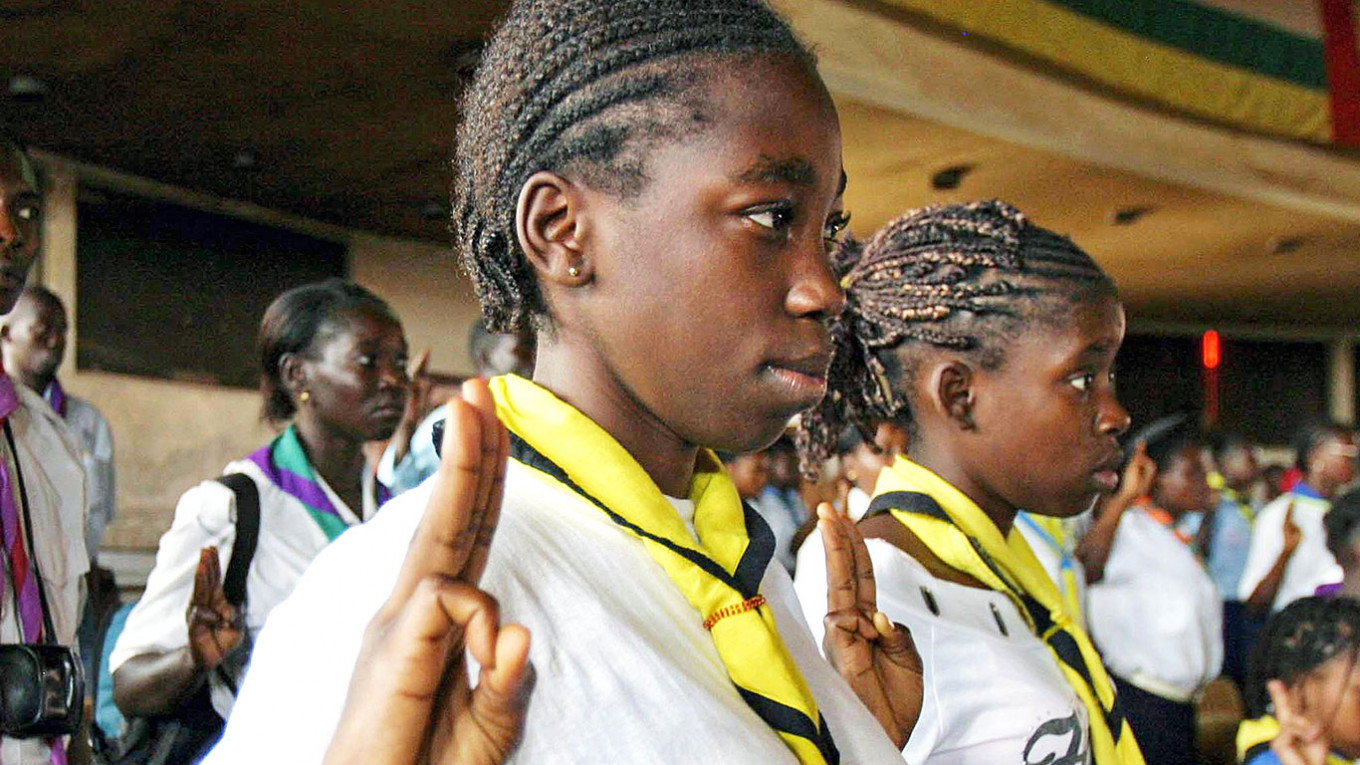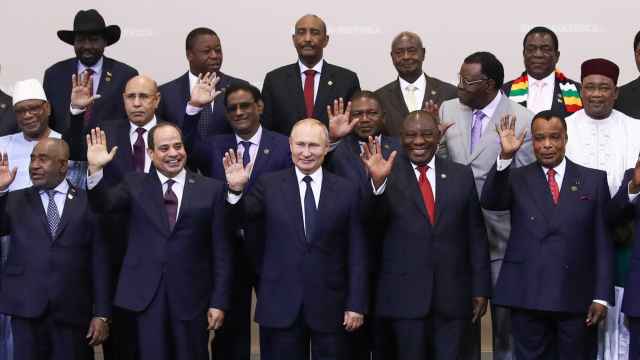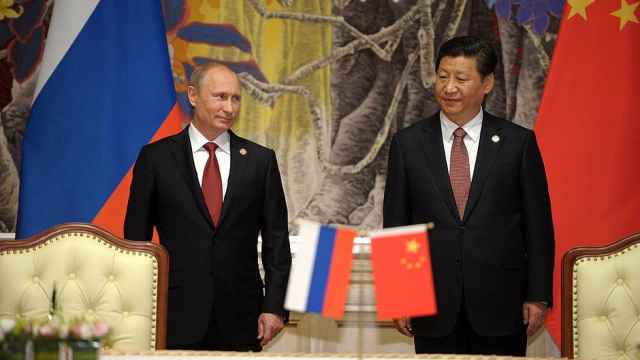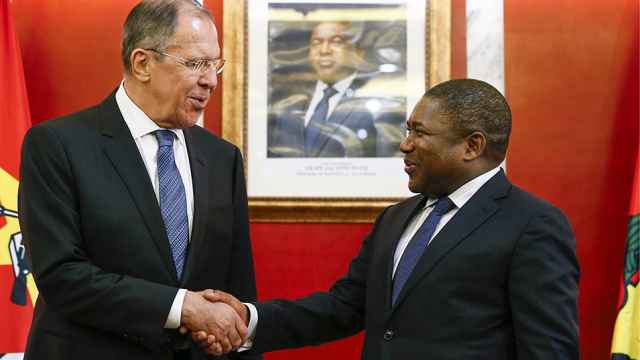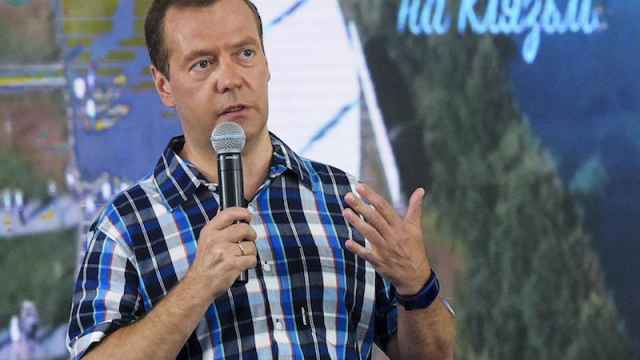Central African Republic universities will require students to study the Russian language, CAR media has reported as Bangui and Moscow continue to pursue activated military and economic cooperation.
President Faustin-Archange Touadéra ordered universities to make Russian compulsory instead of Spanish as soon as next year, the Corbeau News Centrafrique news website reported Friday.
Students will study Russian from the first year of undergraduate studies until the first and second year of postgraduate studies, which the outlet reports is longer than Spanish and Chinese language studies.
CAR’s higher education minister reportedly pledged to complete teacher training and curriculum development for Russian language studies by the 2022-23 academic year.
According to Corbeau News Centrafrique, the minister is expected to visit Moscow in January to discuss sending Russian-language instructors to CAR.
The beleaguered country battling armed groups has forged closer ties with Russia since 2018, when Russia sent small arms and deployed instructors to help train CAR armed forces.
The CAR has also become a key point in the controversy over the role in Africa of the Wagner mercenary group which is allegedly run by shadowy Kremlin-linked businessman and Yevgeny Prigozhin.
Russia has denied Wagner paramilitaries have been deployed to the CAR, saying only military instructors have been sent to train local soldiers.
Under Putin, Moscow has sought to revive Soviet-era relationships and build new alliances in Africa, bolstering Moscow's global clout in the face of confrontation with the West.
The CAR added Russian to its secondary school curriculum in 2019, Russia’s RBC news website reported Sunday.
Russian was previously studied in the CAR under former President Jean Bedel Bokassa between 1966 and 1979.
AFP contributed reporting.
A Message from The Moscow Times:
Dear readers,
We are facing unprecedented challenges. Russia's Prosecutor General's Office has designated The Moscow Times as an "undesirable" organization, criminalizing our work and putting our staff at risk of prosecution. This follows our earlier unjust labeling as a "foreign agent."
These actions are direct attempts to silence independent journalism in Russia. The authorities claim our work "discredits the decisions of the Russian leadership." We see things differently: we strive to provide accurate, unbiased reporting on Russia.
We, the journalists of The Moscow Times, refuse to be silenced. But to continue our work, we need your help.
Your support, no matter how small, makes a world of difference. If you can, please support us monthly starting from just $2. It's quick to set up, and every contribution makes a significant impact.
By supporting The Moscow Times, you're defending open, independent journalism in the face of repression. Thank you for standing with us.
Remind me later.


